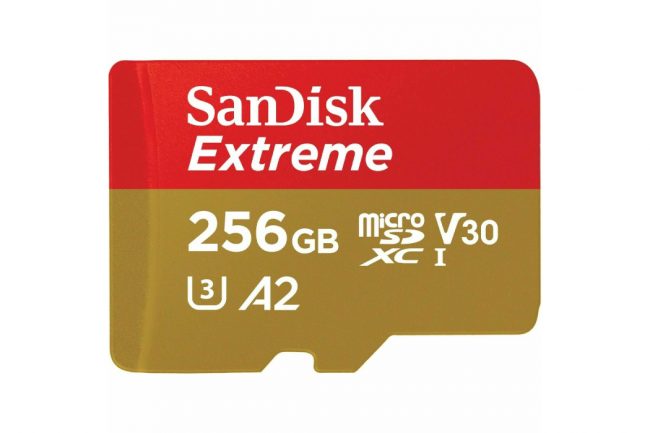World Bank Declines to Help El Salvador to Roll-Out Bitcoin as Currency
Faults the cryptocurrency stating “environmental and transparency shortcomings.”

The World Bank has decided not to back the plan of EL Salvador to accept Bitcoin as currency. The reasons cited were the environmental impact of mining it and the concerns associated with transparency. There are many other concerns too, read on to know more.
Earlier this month, El Salvador announced the plan to become the first nation to formally adopt Bitcoin.
The country’s objective was to use Bitcoin as a parallel legal tender alongside the US dollar.
One of the key reasons for this acceptance was that it would make it easy for people of EL Salvador living abroad to send money to their homes. As a whole, these remittances make 20 per cent of the GDP of El Salvador.
Issues raised by the World Bank and the IMF on the country’s adoption of Bitcoin
Just last week, El Salvador chose to be the first country that classified Bitcoin as legal currency. Congress approved the proposal by President Nayib Bukele to accept it as a currency. The government has now 90 days to roll-out the plan nationwide. To address the issue, El Salvador turned to the World Bank and the International Monetary Fund for assistance.
Finance Minister Alejandro Zelaya stated that they had asked the World Bank for help in the matter. He had also stated that discussions with the IMF (International Monetary Fund) on this matter have been successful, and IMF was not against El Salvador’s decision to implement Bitcoin.
A spokesperson of World Bank said, “We are committed to helping El Salvador in numerous ways, including currency transparency and regulatory processes.”
It continued, “While the government did approach us for assistance on Bitcoin, this is not something the World Bank can support given the environmental and transparency shortcomings.”
The decision from World Bank means that the country might not meet the deadline of three months that it had chosen to ensure Bitcoin is accepted as an official payment method.
The IMF also announced that it saw a few “macroeconomic, financial and legal issues that require very careful analysis” pertaining to the adoption of Bitcoin in El Salvador.
Aside from Bitcoin’s energy demands and its ease of use in money laundering, tax evasion, and other illegal schemes, there are also other reasons why the World Bank’s decision not to back El Salvador’s decision to accept Bitcoin as currency. First, the price of Bitcoin relative to the dollar is very volatile. Second, processing the transactions can be terribly slow, and third, the transactions might have a fees and charges attached enticing more miners to verify the transactions.
In other news, a petition has been set not to let Jeff Bezos get back to earth after his space trip.
Share this on social media














